


Тендер на розробку онлайн-курсу
26.05.2020
Проект Learning Together оголошує тендер на розробку онлайн-курсу. Дедлайн – 19 червня 2020 р.
TERMS OF REFERENCE FOR PROVIDING THE ONLINE TEACHER TRAINING COURSE IN TEACHING UKRAINIAN ST/L2
These Terms of Reference define the activities to be provided for the online teacher training course in teaching Ukrainian SL/L2 (State language using second language teaching methodology). The assignment will be implemented as part of Language Component, Clusters 1 (“Teachers Training”) and 3 (“Educational environment”), and it will support Ministry of Education and Science in Ukraine in raising awareness and positive attitudes towards the school reform and its benefits among national minorities in the Chernivtsi and Transcarpathian regions. A specific goal is to raise the level of proficiency of teachers in studying Ukrainian SL/L2.
1. Background info on the project
Learning Together is a four-year collaborative project that started between Ukraine and Finland in July 2018, and was joined by the EU in late 2018. The work scheduled to last until July 2022. The Project is implemented by FCG International.
The project has national coverage and it focuses on supporting the New Ukrainian School (NUS) reform, especially in the primary education, and is designed around three thematic clusters which are inter-linked: Teacher Competence Development, Education Promotion, and New Education Environments.
The total budget is 8 million euros out of which 6 million euros is Finnish funding. In addition, there is a 2-million-euro top-up funding tool for enhancing the quality of instruction in Ukrainian SL/L2 among national minorities, provided by the EU.
2. Context of Assignment
The new Law on Education was adopted in Ukraine on September 5, 2017. Article 7 of the Law refers to an increase in subjects taught in the Ukrainian language for national minorities at the secondary education level.
In a letter dated September 29, 2017, the Ministry of Foreign Affairs of Ukraine addressed the Venice Commission, an advisory body in the field of constitutional law, to conclude on Article 7 of the Law on Education, which regulates the use of the state language, as well as minority languages and other languages of education.
In 2018, the Ministry of Education and Science prepared a Roadmap for minority languages, focusing on the need to improve the quality of teaching Ukrainian among ethnic communities, especially in Transcarpathian and Chernivtsi regions.
Chernivtsi and Transcarpathian regions are multinational and multicultural regions with Hungarian and Romanian among the minority language groups. The following districts are densely populated by national communities - Hungarian: Berehovе, Vynohradiv, Uzhhorod, and Romanian: Tiachiv, Hertsa, Novoselytsia, Storozhynets, Hlyboka, Chernivtsi. In 2019/2020 school year, in Transcarpathian region, there are 72 schools with the Hungarian language of instruction; and 27 schools with Ukrainian and Hungarian languages of instruction; 12 schools with the Romanian language of instruction and 2 schools with Ukrainian and Romanian languages of instruction. In total, 17192 students receive instruction in Hungarian and 2591 students receive instruction in Romanian in this region. In Chernivtsi region, there are 56 schools with the Romanian language of instruction and 18 – with Ukrainian and Romanian languages of instruction. In total, 13518 students receive instruction in Romanian in this region.
The above-mentioned schools deliver instruction mostly in minority languages, while the Ukrainian language is learned only as a separate subject. These schools do not provide students with enough proficiency in the language to enter tertiary education in Ukraine. A high percentage of the school graduates are failing in independent evaluation tests in the Ukrainian language and literature that is an integral component of their admission to further education.
The results of baseline study in Transcarpathian and Chernivtsi regions “At the educational crossroads: the evidence-based dialogue with national minorities in Chernivtsi and Transcarpathian regions” show that the communication campaigns in targeted regions are of high importance due to the fact that there is miscommunication between the Ukrainian media on the one hand, and Hungarian and Romanian media on the other hand. Ukrainian-language media mainly focus on the need to study the state language, emphasizing the poor results of the external testing (ZNO). The national communities emphasize a violation of rights to education in their native language. Thus, the strategy of positive communication should be developed that should rely on positive achievements of the project and success stories uniting people.
The Language Component will act with a short-term and long-term perspective. In the long-term, it will change the method of how the Ukrainian language is taught to ethnic minority students, and it will improve the quality of the subject teaching of the Ukrainian ST/L2 among national minorities, especially the Romanian and Hungarian minorities. In short-term, it will seek to offer spaces for ethnic minority students to improve their Ukrainian language skills.
In the online course, teachers of Ukrainian SL/L2 will learn effective strategies and approaches to enhance the quality of teaching Ukrainian in national minority contexts.
3. Purpose and Scope of Work
An online course has to provide opportunities for teachers to collaborative and reflect on teaching practice, the curriculum, and student performance. Through situational analysis and experiential learning, participants will explore new strategies and approaches for teaching Ukrainian SL/L2 as well as developing approaches in mentoring colleagues at their home schools. The online course is intended to be flexible in terms of online delivery and enrolment. When a teacher completes the entire series, a Certificate of Attendance will be issued.
All content has to be validated based on a need’s analysis.
Teaching Ukrainian SL/L2 explores current second language teaching and learning topics emergent from pedagogical evidence-based best practices which are learner-centered and inclusive. Online course has to be designed to provide teachers of Ukrainian an opportunity to enhance their pedagogical understanding of teaching Ukrainian SL/L2 within their specific contexts and students in grade 1-4. By combining targeted teaching and learning sessions linked to classroom practice through teaching presentations, this program should provide participants a unique and integrated experiential learning opportunity to expand their pedagogical understanding and practice.
4. Duration and Methodology of Work
It is expected that the duration of the assignment will be a maximum of 1 year (preparation, conducting and reporting) starting from the commencement of the work.
The content of the course includes modern teaching methods such as interactive working methods, group work, and promoting transversal competencies.
The Service Provider will cooperate with the designated staff of the project Learning Together.
5. Scope of Work and Timelines
The activities will be delivered in three stages.
Stage 1. Preparation
The contracted Service Provider will conduct the needs analysis.
The consultant(s) will draw up a work plan; the course outline and map development will take place.
The dates – to be defined.
Stage 2. Designing the Online Course
Online teacher training course structure has to have at least:
- Welcome and Online Course Orientation
- Introduction to the Ukrainian SL/L2 Grade 1-4 and 5-9 Curricula
- Approaches to Planning: Meeting the Needs of all Learners
- Quality Assessment Practices
- Teaching Practice I (Peer Observations and Feedback)
- Effective Strategies for Developing Oral Language (including technology)
- Effective Strategies for Literacy Development (including technology)
- Teaching Practice II (Peer Observations and Feedback)
- Selecting and Using Resources to Enhance Language Learning Engaging with Parents and the Community.
Assessment Development/Revision will take place.
The contracted Consultant(s) will do additional resource identification.
Online development of the course will take place.
Dates to be defined.
Stage 3. Reporting
The final report must include an evaluation of the assignment ex post facto. The used material will be annexed to the report.
A finalized work plan, methodology and tools will be adopted by the Project Management Team. All study materials of the training will be elaborated and agreed with the Chief Technical Adviser of the project “Finland’s Support to the Ukrainian School Reform”.
6. Expected deliverables and timeline
The Service Provider will submit the following deliverables:
6.1. Draft work plan, conduct needs’ analysis
6.2. Implement the activity – design the online course
6.3. Provide a monthly Progress report and three semi-annual reports describing the accomplishments
6.4. Provide a Final Report which shows the activities undertaken, successes, challenges, results (planned and unplanned), lessons learned, and future recommendations.
A finalized work plan, methodology, programme and tools will be approved by the Project.
Due to COVID-19 pandemic situation, changes to this ToR may be required.
7. Budget and schedule of payments
The budget, details of the assignment, terms and conditions will be specified in the contract between the FCG International Ltd (Contractor) and the local Service Provider. Payment milestones will be based on the acceptance of the key deliverables by the Project Management Team.
The maximum budget is 25,000 Euro.
Schedule of payments and deliverables
|
Payment amount |
Deliverable |
|
50% |
Upon signing the contract based on a tentative budget |
|
50% |
Upon receiving the Final Financial Report |
8. Submission requirements
The Proposal must include the following:
8.1. A technical proposal not exceeding 10 pages in length including the intended approach and the planned activities, the implementation, the management of the undertaking, including an operational work plan with timelines.
8.2. Breakdown of costs
The budget breakdown must include two separate sections: ‘Fees of experts’ and ‘Other costs’. The fees shall be defined on rates based on working days or working months. The other Costs must be broken down to correspond the Technical Proposal and Work Plan. The Budget Breakdown must be in Euros.
8.3. The Curriculum Vitae of the consultant and for each member of the team (if a team approach is used).
8.4. Official documents proving the status of the organisation and the document proving the financial capacity (annual turnover and profit/loss) of the organisation.
Copies of main registration documents.
Other relevant supporting documents may be attached as an annex.
The proposal must be in English.
9. Evaluation criteria
The proposals will be evaluated based on Quality (90% weight) and Price (10% weight).
The quality of the Proposal will be evaluated based on the following:
9.1. Organisation (10%):
- Previous experience on similar assignments, at least one implemented similar project, preferably in the education sector
- Proven knowledge of the education sector.
9.2. Service Provider’s Team qualifications (40%):
- A Master’s Degree in related to the assignment’s sciences
- Solid knowledge and experience of the New Ukrainian School (NUŠ) Reform;
- Professional experience in designing online courses, experience with language minorities is an asset
- Professional expertise in curriculum and learning material development, adult training and international cooperation and projects
- Excellent written, oral and interpersonal skills; excellent communication skills in English, Ukrainian. Excellent communication skills in Hungarian and Romanian are an asset.
9.3. Technical Proposal (40%):
- The relevance of the approach and implementation methodology
- The expected impact of the proposed methodology.
Only short-listed candidates will be invited to the interview. Interview will consist of 30 minutes candidate’s presentation of the proposal and its approaches and potential team, and 15 minutes of Q&A session.
10. Deadline for Proposals
The timeline of the tender is as follows:
10.1. All tenderers are requested to indicate their interest to submit their potential proposal by 02.06.2020 via email at [email protected].
10.2. In case the tenderers want to have further clarification on the competition, written questions must be sent via email at [email protected] by 09.06.2020.
10.3. All the tenderers will be provided with answers to all clarification requests by 11.06.2020.
10.4. The final application must be submitted by 19.06.2020 via email at [email protected].
Please note that all written communication must be in English. Further instructions for the tender are given only from the email mentioned above. Any further information or advice obtained from other sources may be disregarded in the tender evaluation.
11. Guiding principles
Manual for Bilateral Programmes by the Ministry for Foreign Affairs, revised version 2018 (https://um.fi/publications/-/asset_publisher/TVOLgBmLyZvu/content/manual-for-bilateral-programmes) is applied in the planning and implementation of this assignment. This manual is applied in all cooperation that has been agreed between Finland and Ukraine.
12. Mandate
The Service Provider is expected and entitled to discuss issues relevant to the assignment with relevant parties, government authorities and other relevant organizations and individuals, but the team does not have any mandate to make commitments on behalf of government authorities in Ukraine and Finland, or European Union, or on behalf of the Contractor, FCG International Ltd, especially.
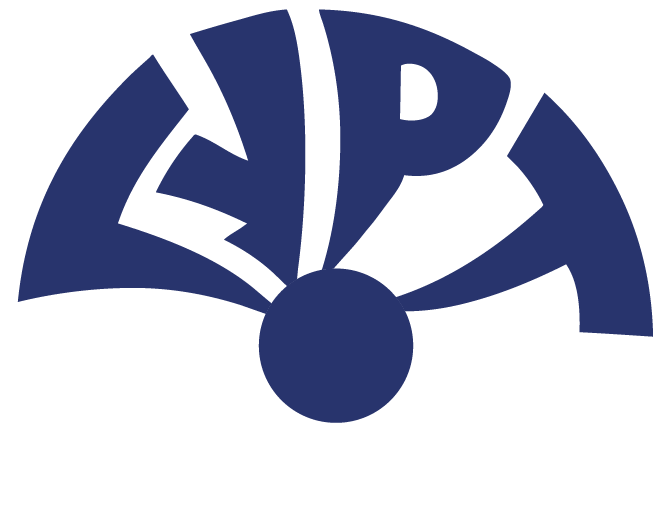

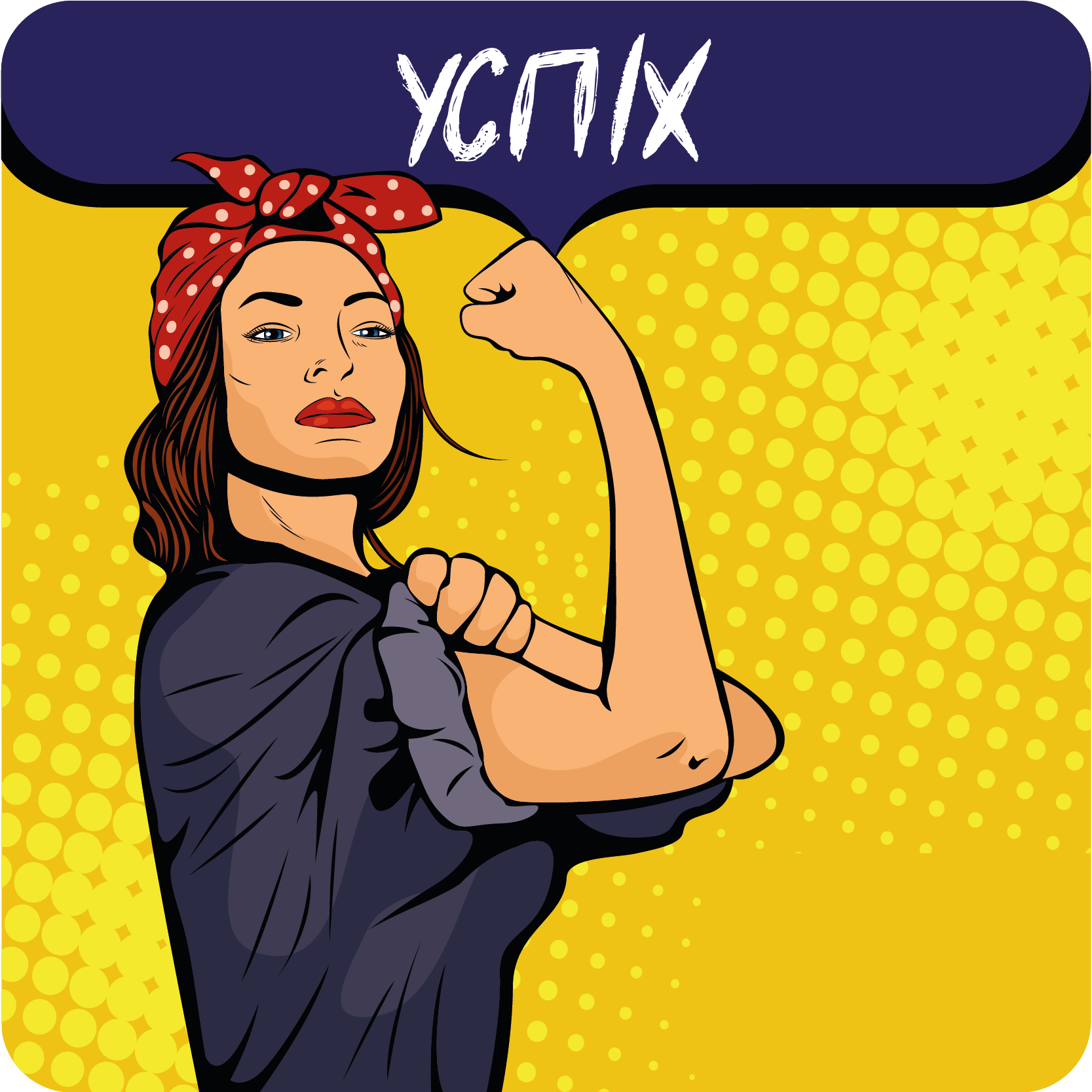
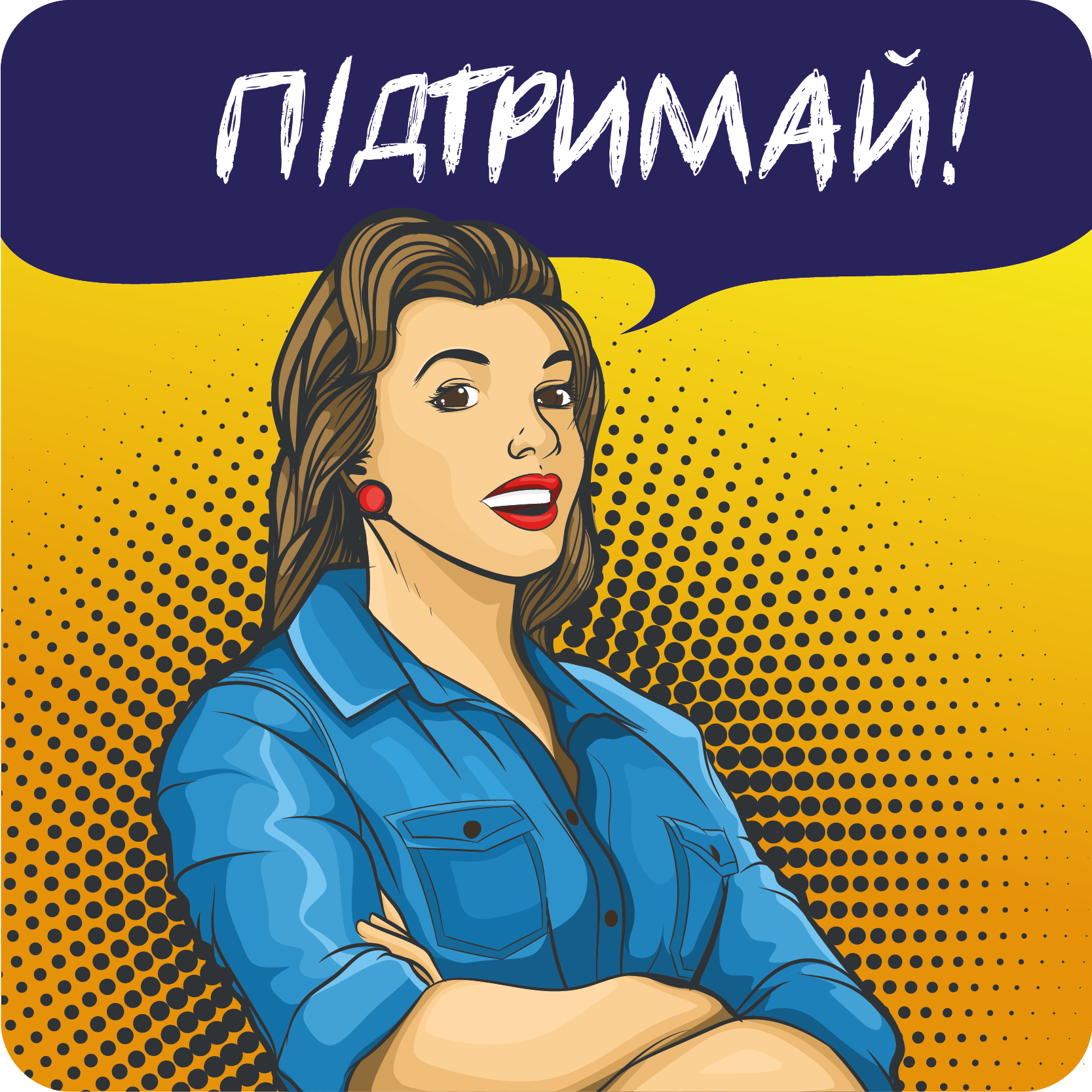


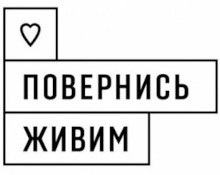
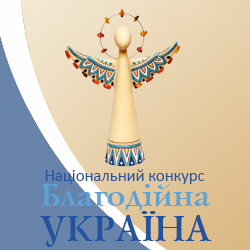
Коментарі